Pros and cons of gene-editing babies
Controversial scientist says he feels “unease” about the future of children whose genes he edited as embryos

A free daily email with the biggest news stories of the day – and the best features from TheWeek.com
You are now subscribed
Your newsletter sign-up was successful
A Chinese scientist who was jailed for creating the world’s first gene-edited babies has said he feels “huge unease” over their future and said they should be allowed to continue living with their families undisturbed.
He Jiankui was jailed for three years in 2019 after performing “one of the most controversial acts in modern scientific history”, said The Independent. The controversial scientist used cutting-edge Crispr technology to alter the genes of twin girls before they were born, in the hope they would be born immune to HIV.
Speaking to the South China Morning Post, Jiankui said the children he had genetically altered – twin girls called Lulu and Nana, and a third child born a year later known as Amy – are living “normal, peaceful and undisturbed” lives with their families. Asked by the newspaper whether he worried about their futures he said: “You will have high expectations of them, but you also have huge unease.”
The Week
Escape your echo chamber. Get the facts behind the news, plus analysis from multiple perspectives.

Sign up for The Week's Free Newsletters
From our morning news briefing to a weekly Good News Newsletter, get the best of The Week delivered directly to your inbox.
From our morning news briefing to a weekly Good News Newsletter, get the best of The Week delivered directly to your inbox.
Jiankui told the paper that health insurance companies were unwilling to cover the children once they discovered their genes had been altered, and so he now hopes to open a charitable foundation for the children to cover any unexpected health-related expenses.
Jiankui’s efforts earned him acclaim among some in the scientific community, but the majority of the medical establishment and, later, the Chinese government, condemned his actions as deeply unethical, and he was jailed for three years after he was found guilty of illegal medical practices.
Many fears stemmed from the implications of manipulating human genes “that could potentially be inherited and passed down through future generations, raising dystopian fears of re-engineering the human race”, said The Times. But some researchers believe the Crispr technology, which allows scientists to edit DNA “far more easily than was previously possible”, will eventually “revolutionise the prevention and treatment of diseases and conditions including cancer”, added the paper.
The jailed scientist was released from prison in April 2022, and in November launched his own laboratory in Beijing, predicting an imminent “golden decade for gene therapies”. He is scheduled to give talks and visits at a number of acclaimed universities, including a scheduled visit to Oxford University next month to discuss the use of Crispr gene-editing technology in reproductive medicine.
A free daily email with the biggest news stories of the day – and the best features from TheWeek.com
1. Pro: may prevent disease
Since many diseases are caused by a single genetic mutation, those in favour ask why we shouldn’t edit the DNA of an embryo or the sperm and egg to remove the mutation entirely. “In effect this would remove a fault from humanity forever,” said Science editor Tom Whipple in The Times. John Harris, a bioethicist at the University of Manchester told the MIT Technology Review: “The human genome is not perfect. It’s ethically imperative to positively support this technology.”
2. Con: open to misuse
There is the possibility that people will use gene-editing technology for “enhancements”, rather than fighting disease, American TV host John Oliver said on his show Last Week Tonight, in 2018. “The more control people have over the ability to design their children, the bigger the moral questions that raises - up to and including, who decides what constitutes a genetic problem that needs to be ‘fixed’?”
3. Pro: encourages regulation
Those in favour argue that these scientific advances can be regulated to avert potential doomsday scenarios. “I still think you can try to regulate the technology,” Arthur Caplan, founding head of the Division of Bioethics at New York University, told USA Today. “It would be nice if we had an international group; set out some rules. It would be great if the scientific community - with religious and ethics and legal leaders - would set up some rules for how to operate. It would be nice if journal editors would say, ‘We’re not publishing anything unless these rules are followed.’”
In the aftermath of Jiankui’s gene-editing experiment, much has changed, said Professor Robin Lovell-Badge, the organiser of the Third International Summit on Human Genome Editing which is due to be held at the Francis Crick Institute next month. “We will be discussing what has happened to the three children whose physiology he may have altered by genome editing,” Lovell-Badge told The Guardian. “We will also have presentations about the changes that have occurred in China in terms of the law and the ethics governing gene editing. There have clearly been quite substantial changes – for the good.”
4. Con: many unknowns
Doctors say that just because we can change a gene does not mean we know what that change will do. “Most diseases are not caused by a single gene but many. Changing lots of genes could have lots of effects elsewhere,” reports The Times.
While most scientists and medical ethicists believe gene editing may one day be able to improve the lives of someone with a life-altering disease, they “recoil in horror at the concept of editing the genome of a human embryo” as changes to genes can be passed down through generations of human beings, said Phys.org.
“We do not know enough about human biology to make genetic engineering changes on behalf of the unborn,” said Dr John Leonard, president and CEO of Intellia Therapeutics, who said that almost all conditions which could benefit from gene editing could also be treated or prevented in another way. He also raised issues of consent, noting that the unborn cannot “agree to have these procedures done to them.”
5. Pro: babies could help humanity
In the US, a poll found that 83% of people thought genetic modification to make a baby more intelligent would be “taking medical advances too far”, according to MIT Technology Review, published by the Massachusetts Institute of Technology. However, proponents of genetic engineering argue that a higher IQ is exactly what we should be considering. Nick Bostrom, an Oxford philosopher best known for his work on the risks of artificial intelligence, wrote in a 2013 paper that even a small number of “super-enhanced” individuals could “change the world through their creativity and discoveries, and through innovations that everyone else would use”.
6. Con: only for the rich
Any ethical debate “will also naturally run against practicalities like funding”, says The Independent. Many patients are subject already to a postcode lottery in accessing fertility treatment based on their local NHS funding, and “gene editing could initially be out of reach for all but the richest”, adds the newspaper. Acknowledging this problem, panel chair Professor Yeung said that if funding inequalities “were to exacerbate social injustice, in our view that would not be an ethical approach”.
Sorcha Bradley is a writer at The Week and a regular on “The Week Unwrapped” podcast. She worked at The Week magazine for a year and a half before taking up her current role with the digital team, where she mostly covers UK current affairs and politics. Before joining The Week, Sorcha worked at slow-news start-up Tortoise Media. She has also written for Sky News, The Sunday Times, the London Evening Standard and Grazia magazine, among other publications. She has a master’s in newspaper journalism from City, University of London, where she specialised in political journalism.
-
 At least 8 dead in California’s deadliest avalanche
At least 8 dead in California’s deadliest avalancheSpeed Read The avalanche near Lake Tahoe was the deadliest in modern California history and the worst in the US since 1981
-
 Political cartoons for February 19
Political cartoons for February 19Cartoons Thursday’s political cartoons include a suspicious package, a piece of the cake, and more
-
 The Gallivant: style and charm steps from Camber Sands
The Gallivant: style and charm steps from Camber SandsThe Week Recommends Nestled behind the dunes, this luxury hotel is a great place to hunker down and get cosy
-
 The pros and cons of menstrual leave
The pros and cons of menstrual leavePros and Cons Spain will offer paid time off for painful period symptoms: progressive step, legal minefield or tool for discrimination?
-
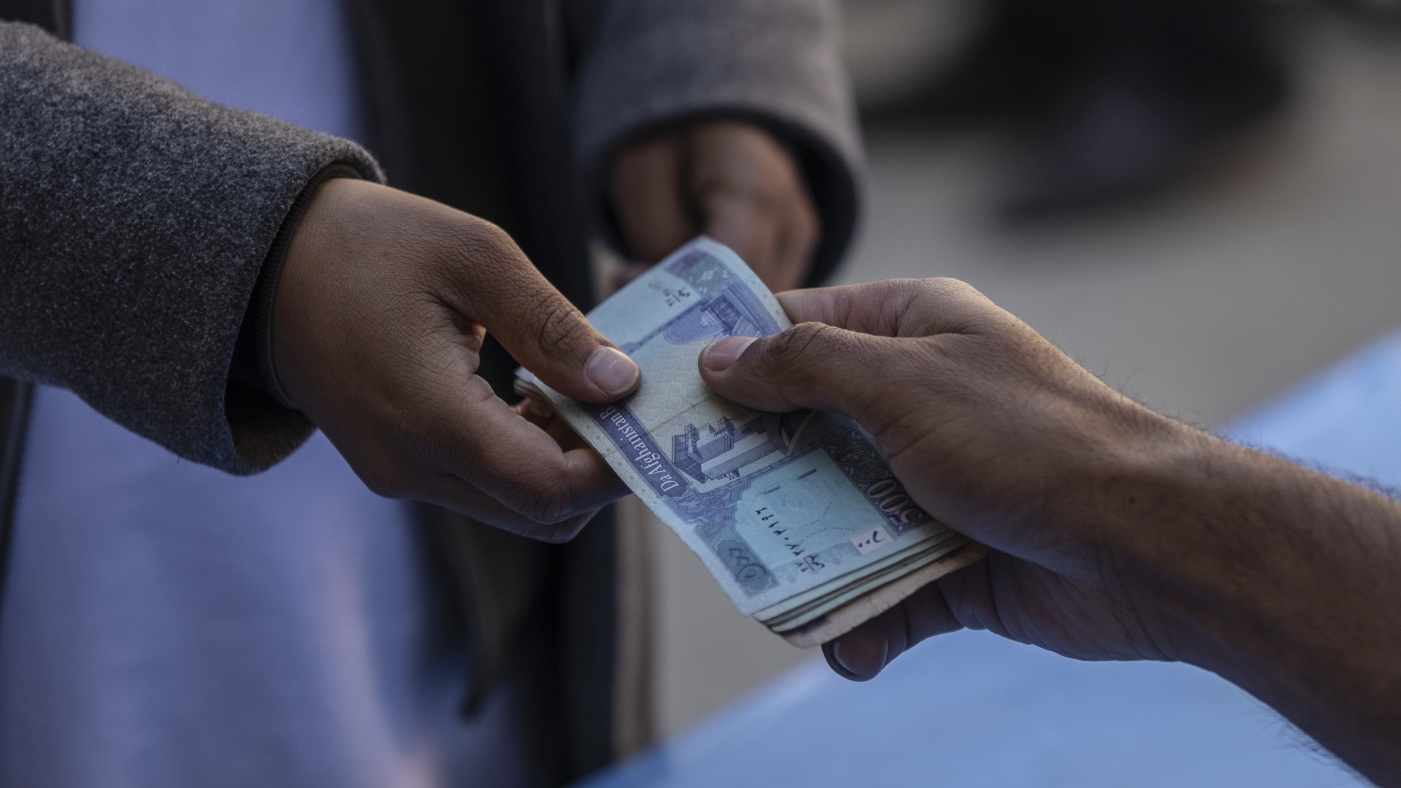 Pros and cons of cash transfers in humanitarian aid
Pros and cons of cash transfers in humanitarian aidPros and Cons The number of people around the world receiving direct monetary aid has risen 240% since 2020
-
 The pros and cons of van life and other unconventional housing
The pros and cons of van life and other unconventional housingPros and Cons Life on the road can be liberating but hygiene is only one of the challenges
-
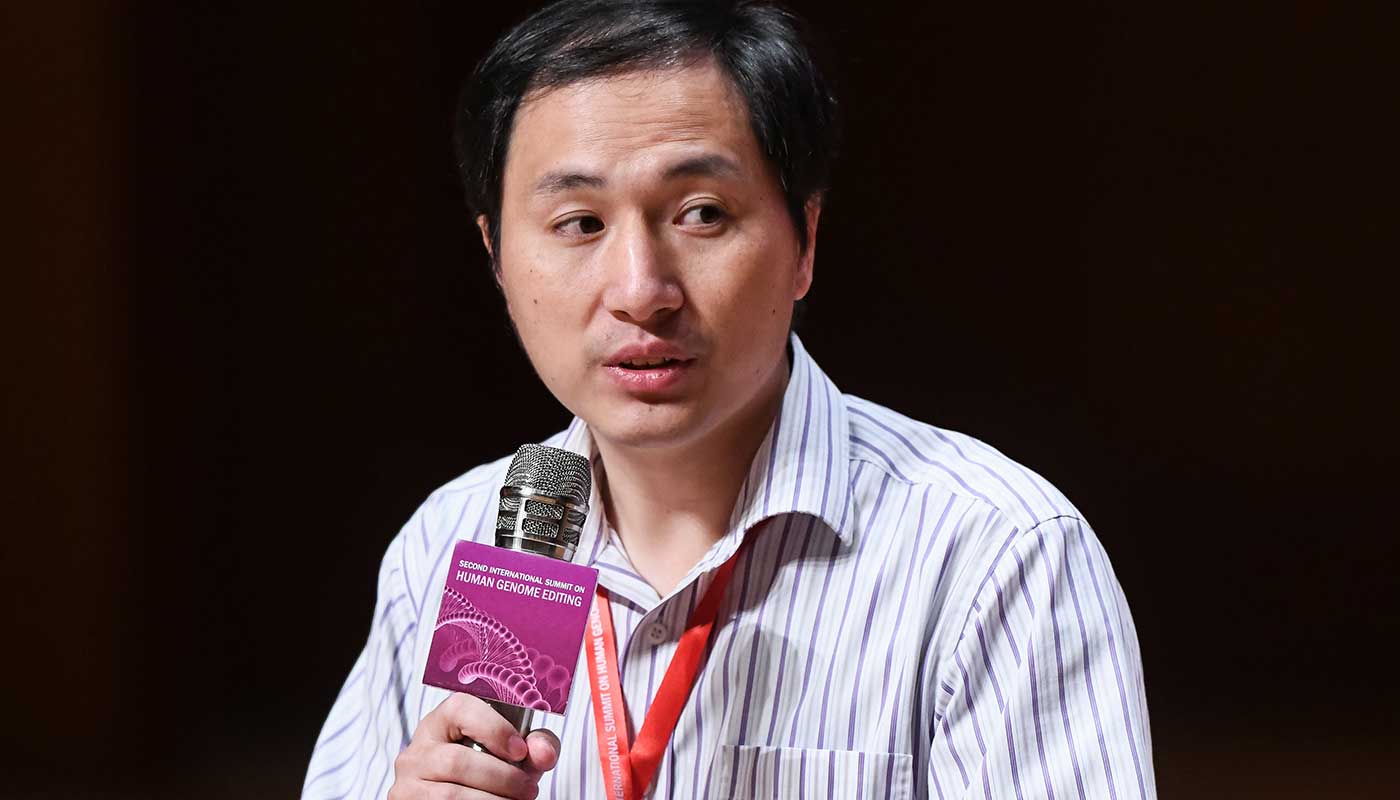 China confirms gene-edited babies
China confirms gene-edited babiesSpeed Read Investigators say Dr He Jiankui acted alone and faces death penalty
-
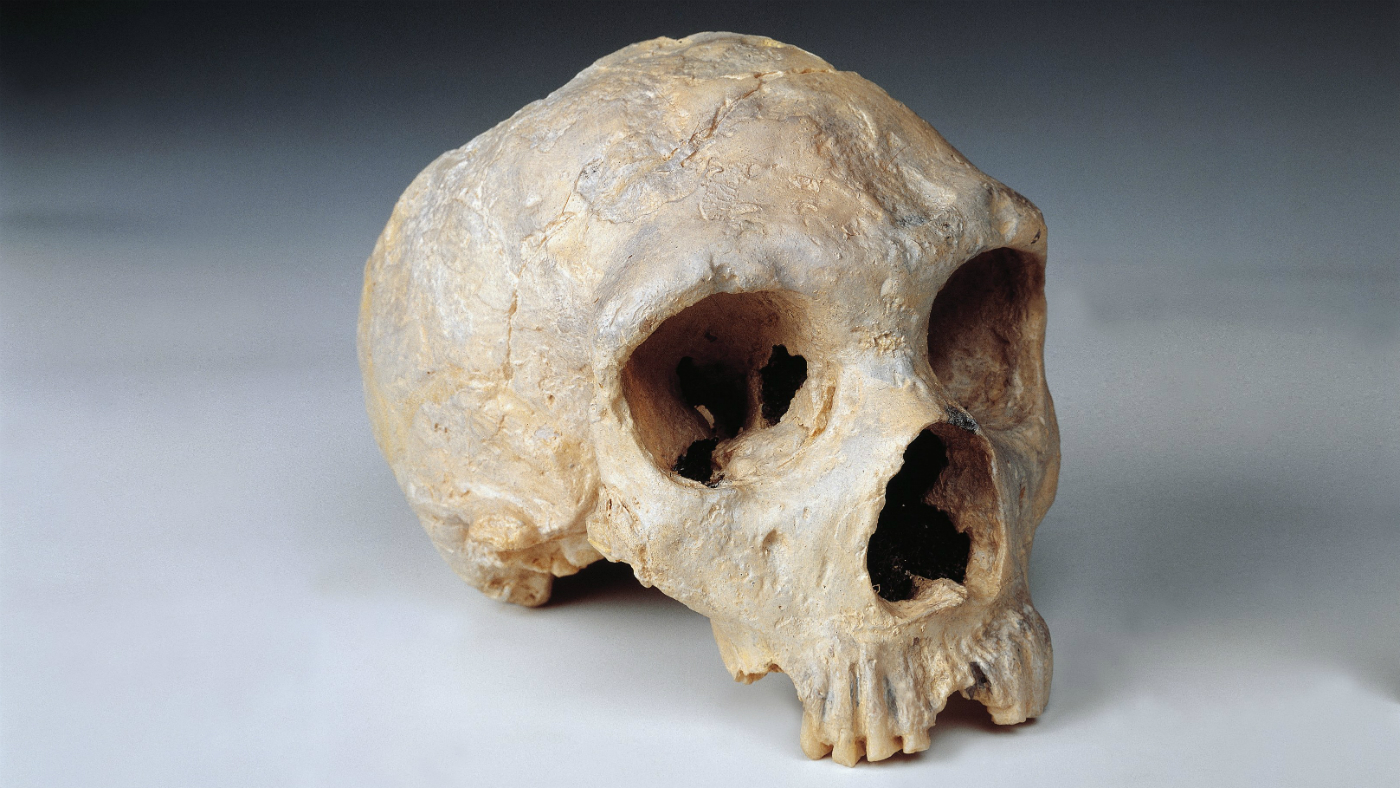 How the shape of your skull can reveal Neanderthal DNA
How the shape of your skull can reveal Neanderthal DNASpeed Read Scientists uncover traces of Neanderthal genes linked with ‘less round brains’ in modern humans
-
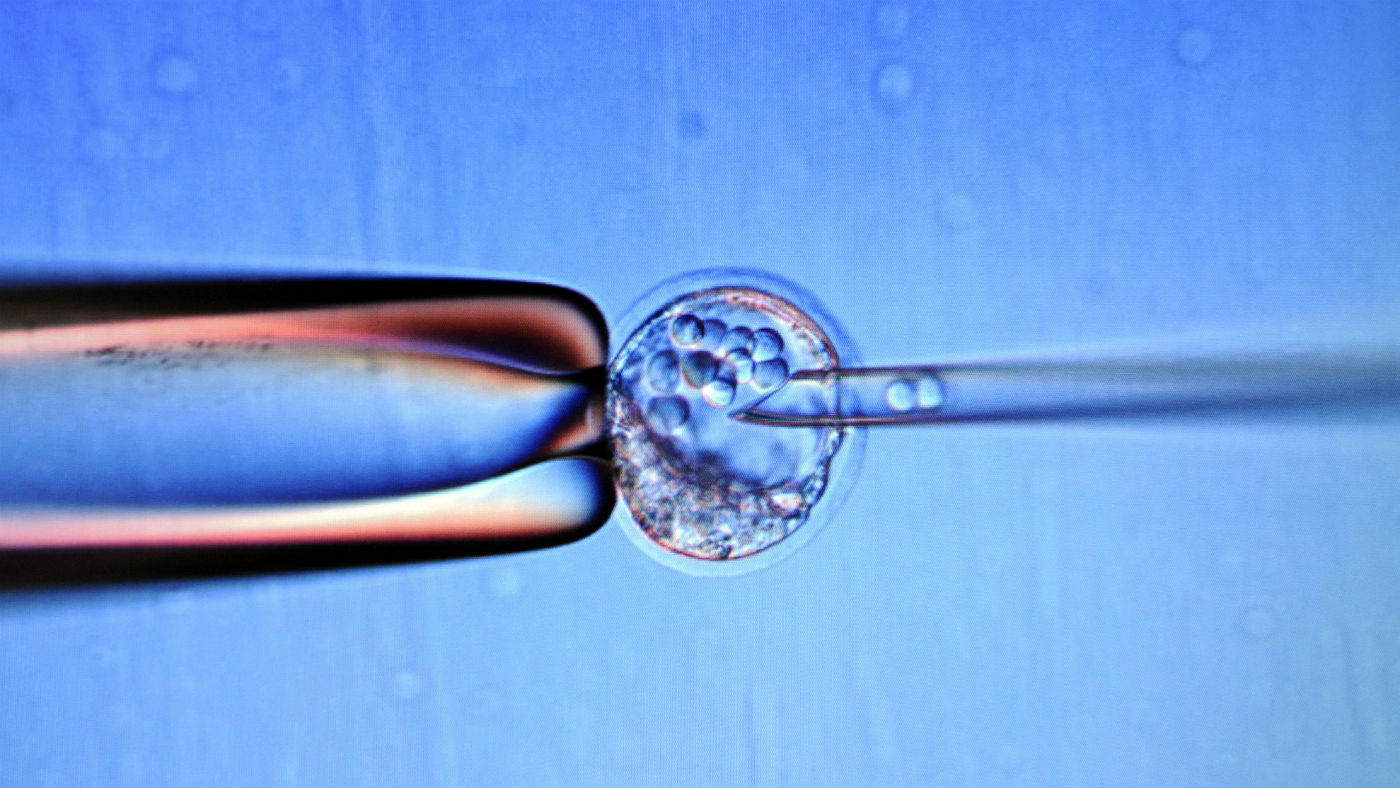 World’s first genetically altered babies born in China
World’s first genetically altered babies born in ChinaSpeed Read If true, breakthrough ‘would be profound leap of science and ethics’ despite condemnation from medical profession
-
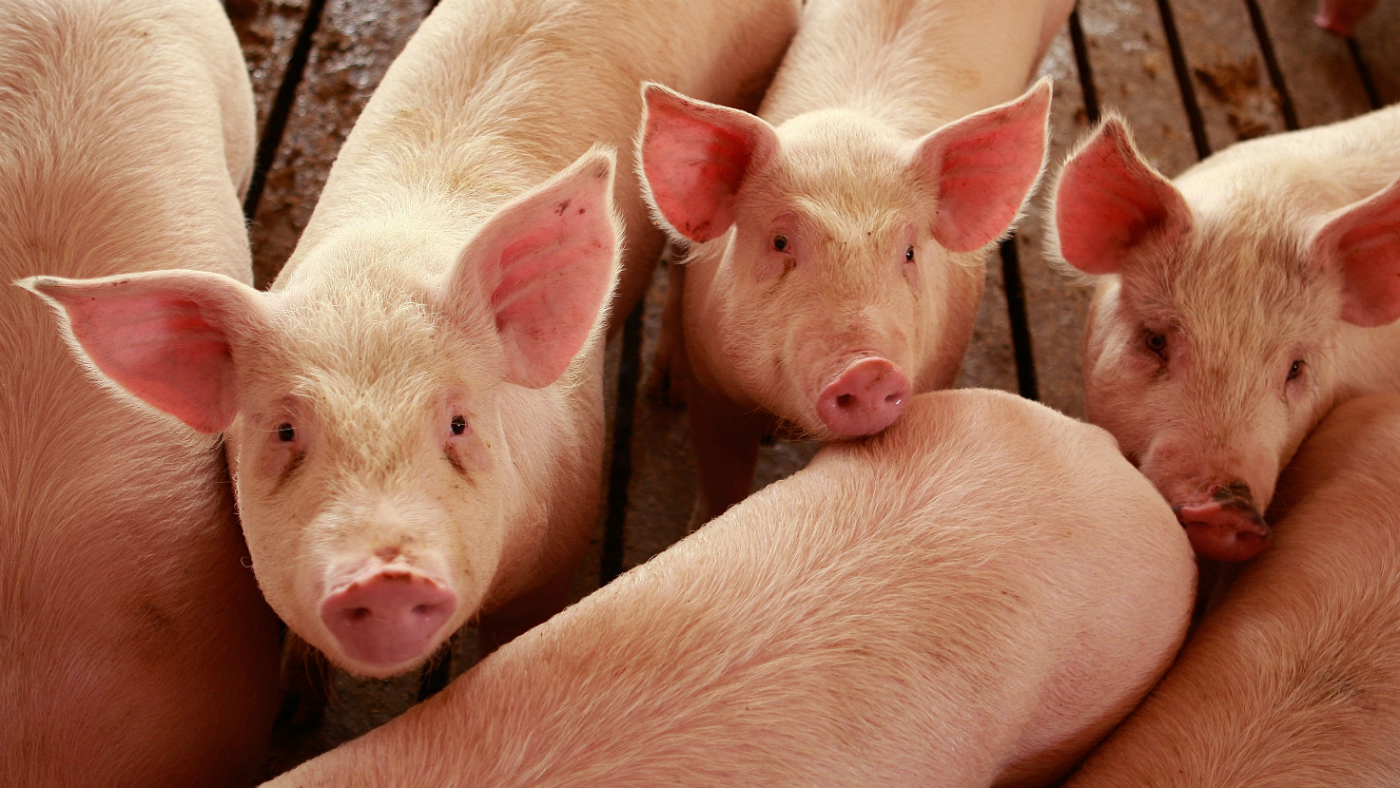 Why are scientists genetically editing pigs?
Why are scientists genetically editing pigs?In Depth Breakthrough in making the animals resistant to disease poses ethical and legal dilemma
-
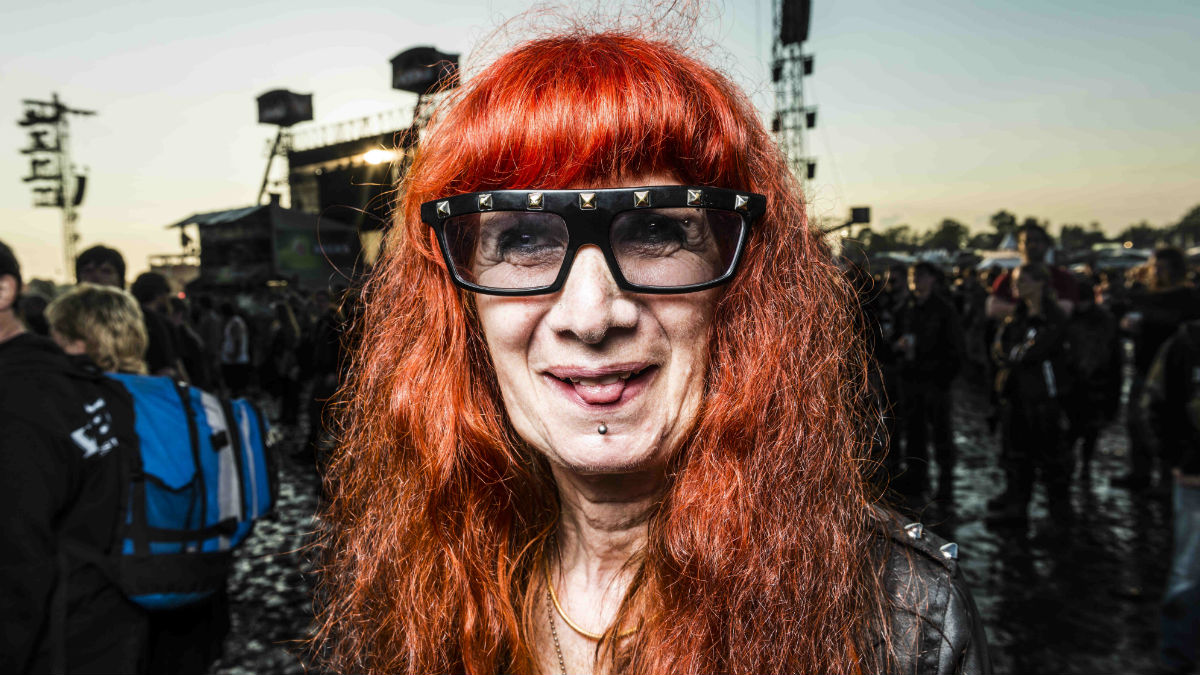 'Youth' gene may explain why some people age well
'Youth' gene may explain why some people age wellSpeed Read Gene linked to pale skin and red hair can have an effect on how old you look, say scientists